Courses Infomation
Carlos M.Pelaez – The Global Recession Risk

Carlos M.Pelaez – The Global Recession Risk
Carlos M.Pelaez – The Global Recession Risk
Product Description
The US current account deficit approaches one trillion dollars, absorbing 75 percent of world surpluses. A fire sale of US debt could cause a global recession through disorderly devaluation of the dollar, raising interest rates and crashing stock markets. The G7 doctrine of shared responsibility intends to coordinate regional efforts. There is meagre political capital in most regions for these reforms. The devaluation of the dollar could be faster than G7 policy coordination. This book analyzes the main issues and individual regions, including China, Japan, the EU and the USA.
Salepage : Carlos M.Pelaez – The Global Recession Risk
About Author
Carlos M.Pelaez
Carlos Manuel Pelaez, Carlos M. Pelaez, received a PhD and BS, Phi Beta Kappa from Columbia University in the City of New York, USA. He published worldwide numerous books, professional essays in learned journals and articles including as coauthor with Carlos A. Pelaez of seven titles published by Palgrave Macmillan: International Financial Architecture, The Global Recession Risk, Globalization and the State: Vol. I, Globalization and the State: Vol. II, Government Intervention in Globalization, Financial Regulation after the Global Recession and Regulation of Banks and Finance. He was Director of the Banco Chase and of the Rio de Janeiro Association of Banks and Vice President of Chase Manhattan Bank, USA. He is Managing Director of CMP Associates, USA. Currently, he is finishing a book project on Health Care Solutions: Costs, Performance and Institutions with Magnolia M. Pelaez, DDS and Penelope Solis, JD combining economics and the law and economics together with decades of experience in health in finding solutions for health care. Other research efforts include Monetary Policy and Valuations of Risk Financial Assets. He received numerous research grants from the Social Science Research Council, American Council of Learned Societies, American Philosophical Society, National Endowment for the Humanities and others. He was a member of the Committee on Research of the Economic History Association of the United States and taught at universities in the United States, Mexico and Brazil. He made hundreds of presentations to CEOs, CFOs, corporate boards, diplomats, policy makers, universities, chambers of commerce and professional associations in Europe, the United States and Latin America as well as numerous media interviews.

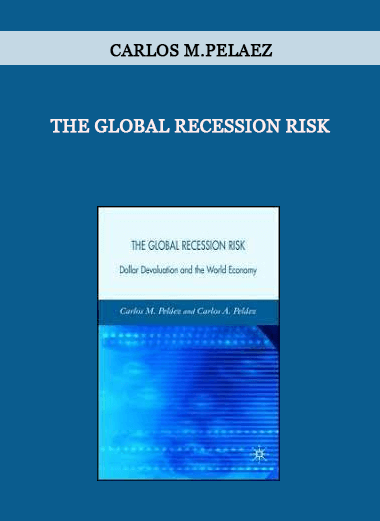

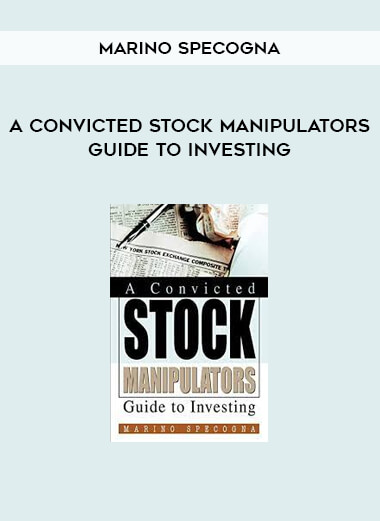




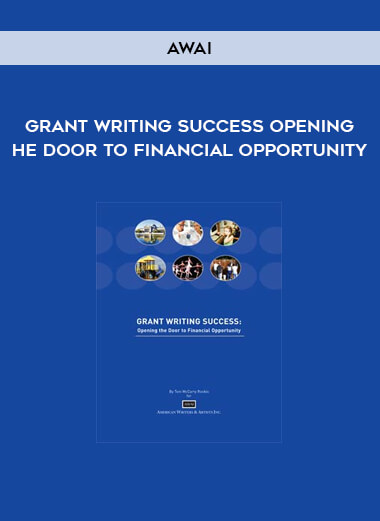

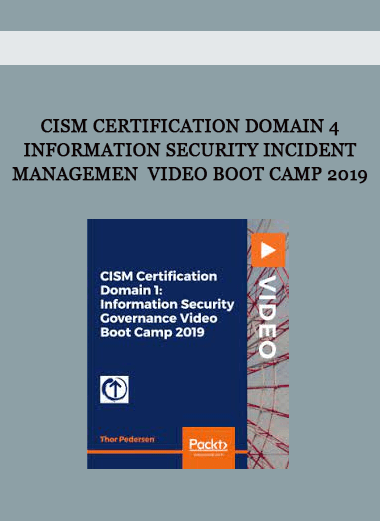
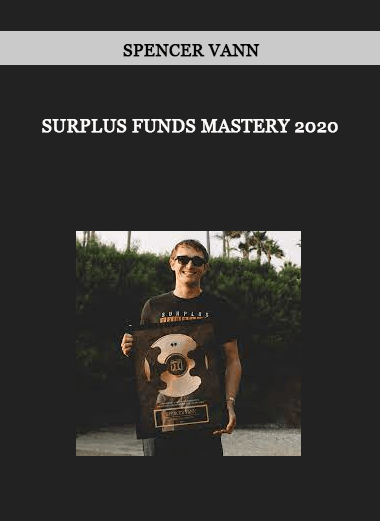



















Reviews
There are no reviews yet.